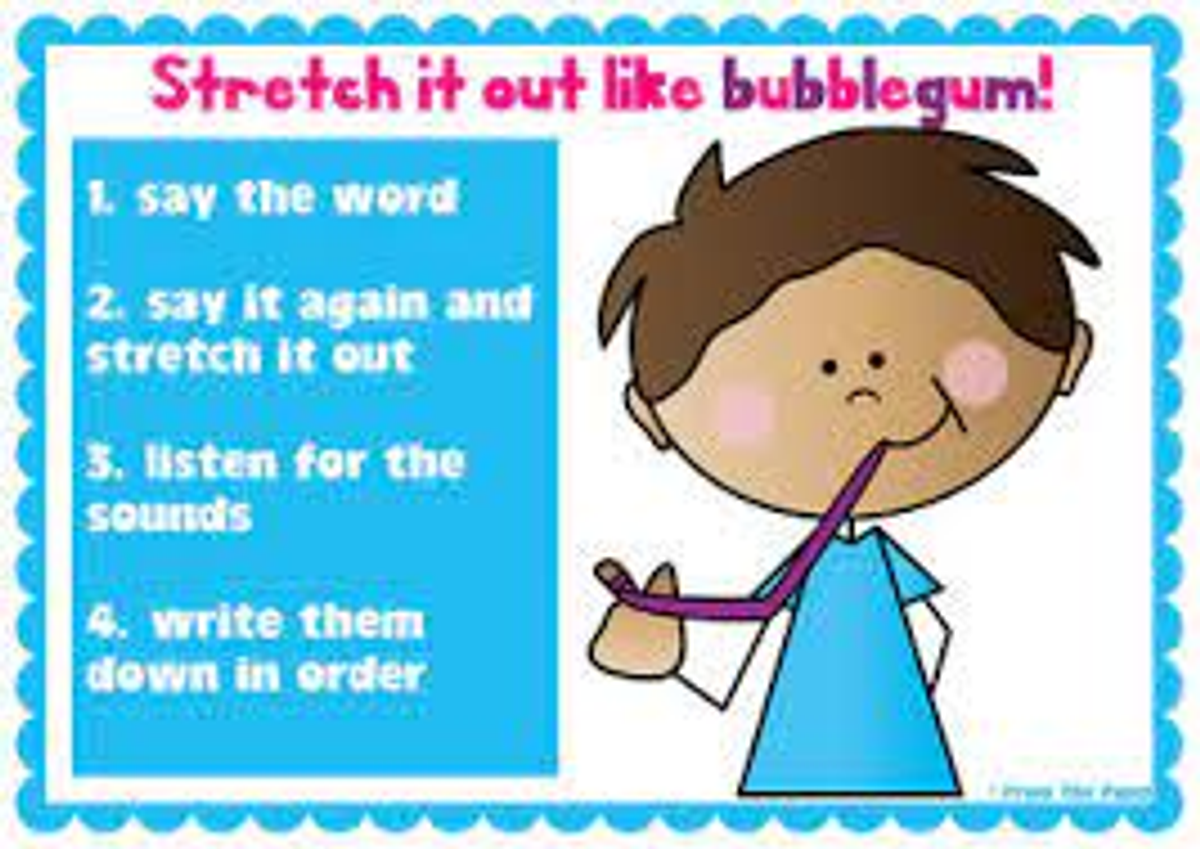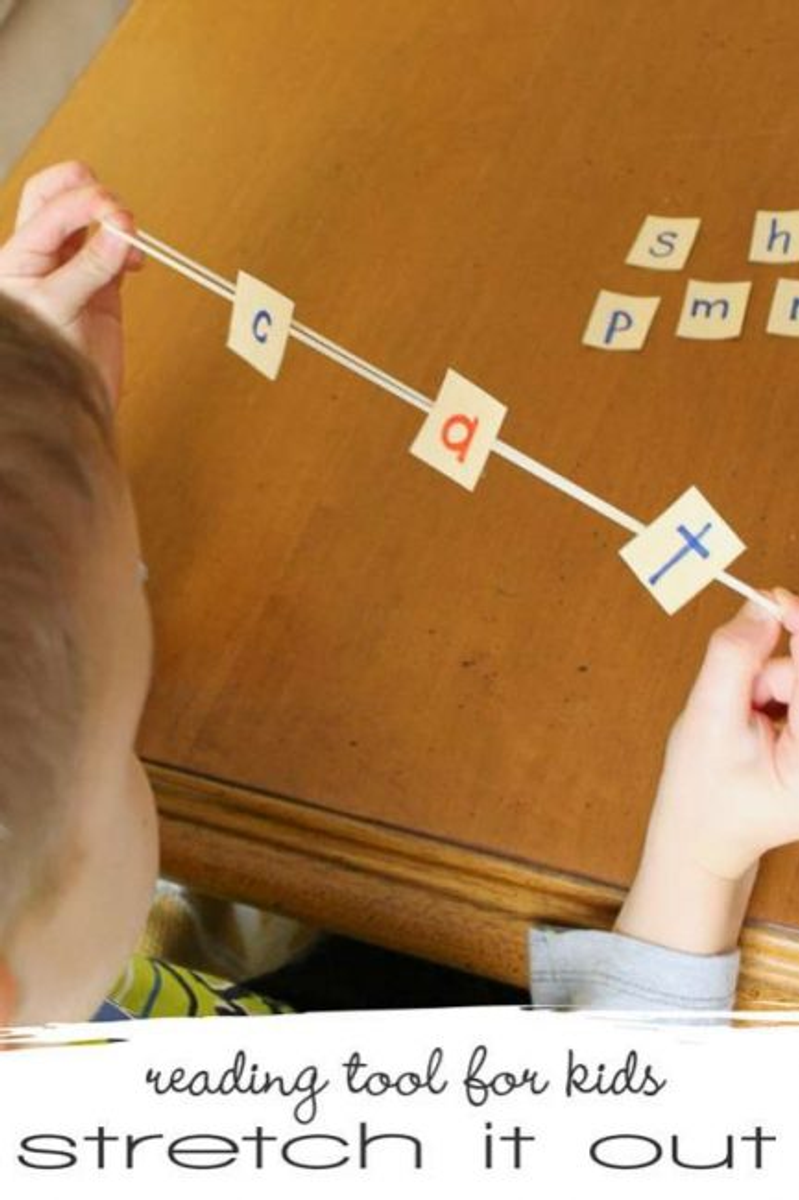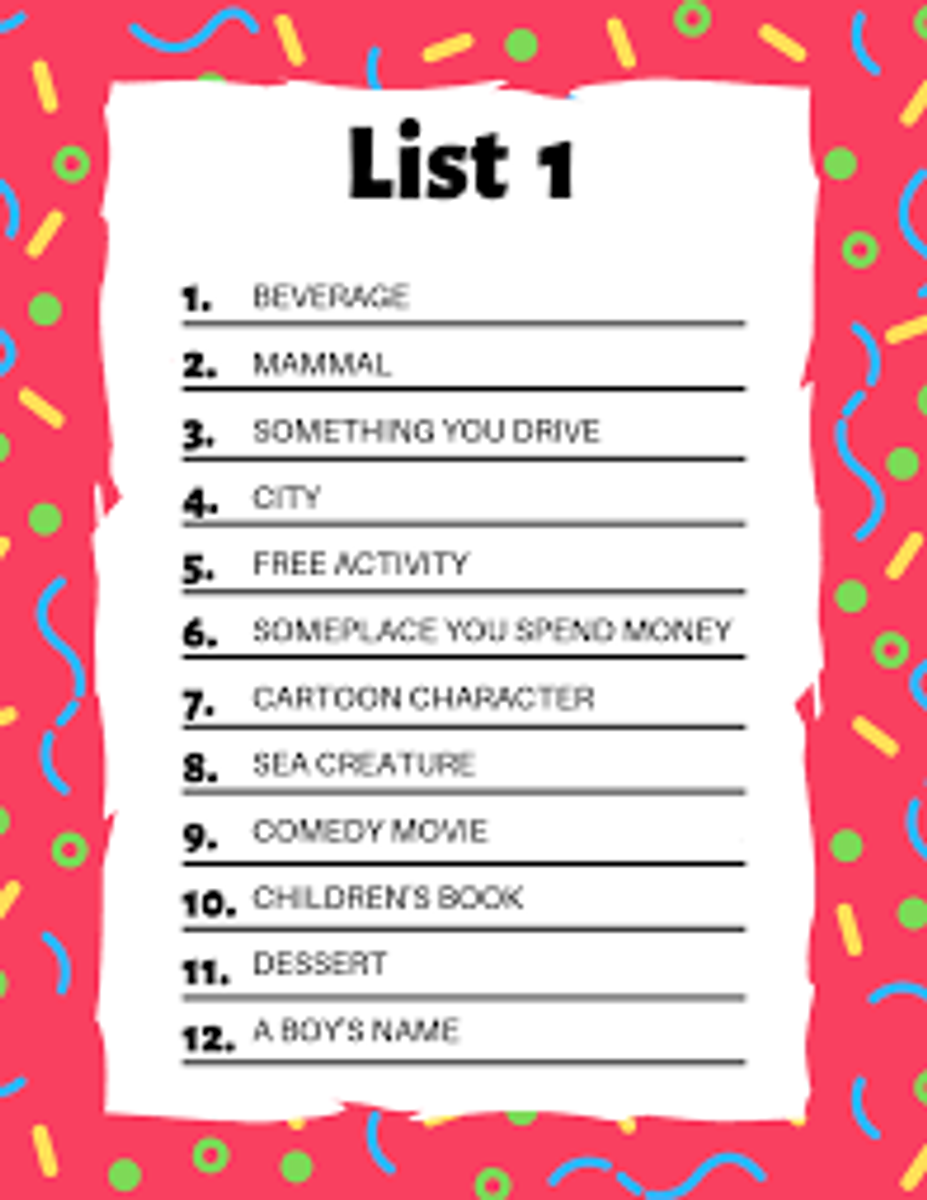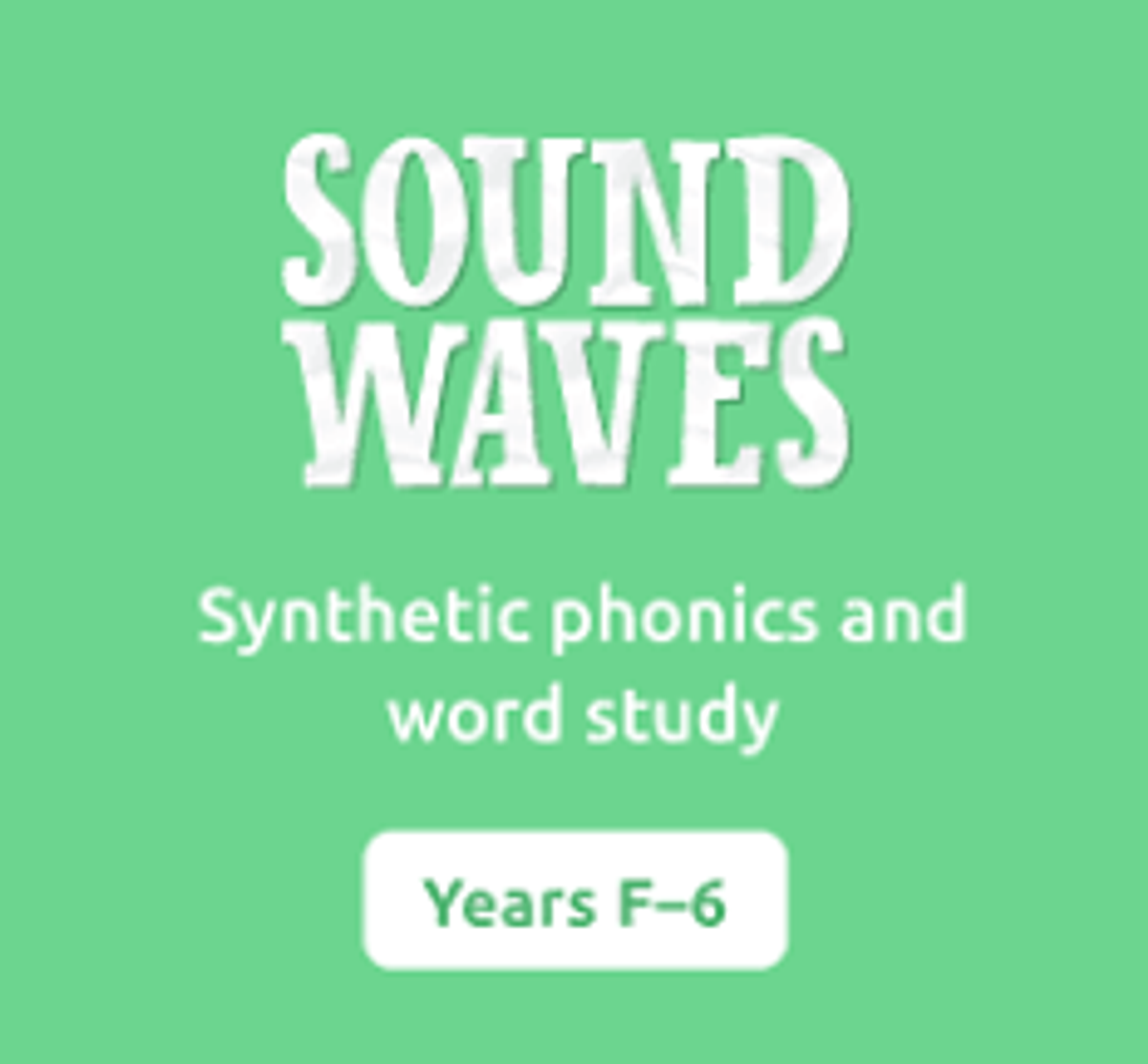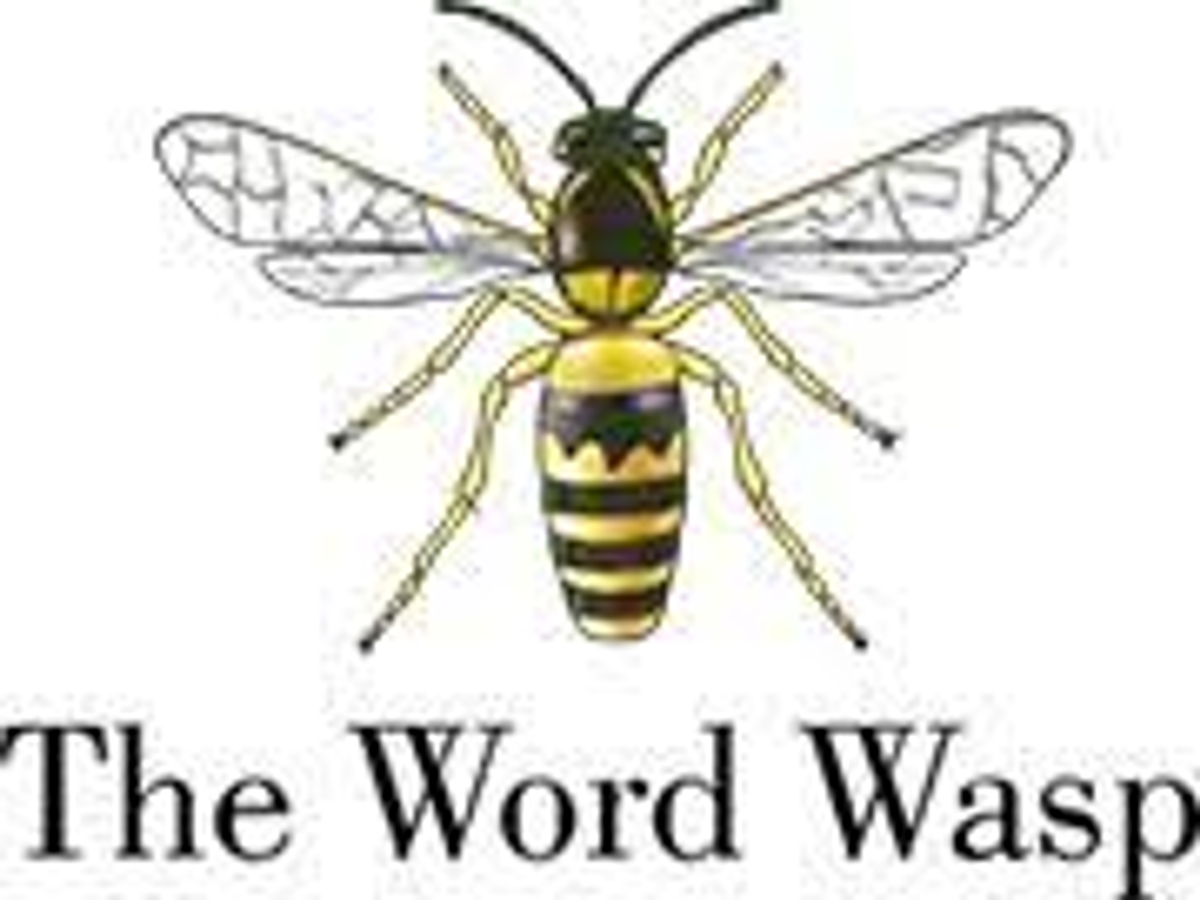Diverse Learning

How to Help Your Child if They Are A Poor Speller
Most children with learning difficulties find spelling hard. This can be especially frustrating when they notice that they are slipping behind other children in their class. If your child struggles with spelling then they will have difficulties with many classroom activities such as story/journal writing, dictations, copying work from the board into their books, etc.
There are many skills involved in learning how to spell. These include:
*Knowing letter sound relationships (that is, which letter makes which sound)
*Being able to distinguish sounds in words ( that is, being able to sound them out and blend them back together)
*Knowing which sound combinations are able to go together. Eg. "br" is ok in English but "zg" is not
*Knowing sound combinations where two letters represent 1 sound eg. sh, th, ch ng, qu
*Knowing spelling rules. Eg. "e" on the end of a word makes the vowel sound long ie, cute
*Remembering the sequence of sounds and letters
*Remembering sight words. Sight words include common words such as "and", "home, as well as words that do not have regular spelling and therefore cannot be sounded out eg. “was” and “one”
Ways to help your child's spelling at home
*Make sure that they recognise all of the letters of the alphabet and the sound that they make (that is the letter "b" says " b" not “bee”. “Bee” is the name of the letter. I explain it using animals, as a dog does not say "dog" but “woof”.
As your child moves into Years 1 & 2 they also need to know what sound diagraphs make. Digraphs are groups of two letters that make one sound when you put them together. These may be vowels or consonants. Consonant digraphs include- th, sh, ch, wh, ck, ph, gh, & qu. Vowel digraphs include- oo, oa, or, ai, ea, ou.
You can help your child to develop confidence with the sounds by writing the letters/digraphs onto cards and playing games such as snap, concentration, go fish, etc. Also putting a letter chart with pictures displayed on the back of the toilet door for easy viewing can help.
*Encourage your child to sound out the first, middle & last sounds in words. Again there is a difference between the sound and the letter name. eg, the word "dog" starts with the letter “dee” but the first sound is "d".
Encourage your child to say the word that they are trying to spell and then stretch it out into individual sounds. eg. the word “ dog” should be stretched out to “d…..o….g”. This will enable your child to hear the first, middle, and last sounds and therefore write them down. You can help your child to learn to stretch sounds out by using their hands to move further apart for each new sound in the word.
Stretching words can be more difficult if they contain clusters of sounds. A cluster occurs when two (or more) consonants follow each other in a word. Examples of clusters include sw, sp, tr, dr, gr, fl, gl, sk, bl, fr, br, cr, tw, sc, pl, str, nd, mp etc. Your child may need to practice to be able to hear the two sounds in the cluster accurately before they can sound them out. This practice can be gained by writing the clusters onto cards and using them in games.
*Teach your child to break up longer words into syllables, eg. the word” important” becomes “im...port...ant”. Breaking words into syllables shows your child that long words are made up of smaller words that they can already spell. These strategies should also help your child"s “guesses” to look more like the word that they are trying to spell.
*Encourage your child to write down new words that they learn to spell in a “dictionary”. This dictionary might be a blank exercise book with a letter of the alphabet written at the top of each page. Your child could have this dictionary with them when they are doing their homework. This will allow them to look up words that they are unsure of.
*Play games that encourage your child to listen to sounds in words such as:
I Spy
Eg. “ I spy with my little eye something starting with “t” ( not “tee”)
Scattergories
Think of a girl"s name, boy's name, place, sport, Food, etc starting with a given letter
*There are many words that can’t be spelled by sounding them out. A list of common words that must be learnt this way can be obtained from your child’s class teacher or Google search. These words can then be written onto cards and made into games.
*There are a number of programs available to support your child's spelling. Every child has access to the Soundwaves spelling games at home. Also, many students have been given access to the computer program ”Reading Doctor” which they do daily at school and also have access to at home. Children should not be on the program for longer than 15 minutes as it is an intensive program and if their attention starts to wander then they will make silly mistakes and be taken to a lower level on the program. The school also has access to a paper-based program from Jenny Whipp which can be done at home 1:1 for 10 minutes a day. Another possible home-based option is The Word Wasp Program available from many stores for a minimal cost.
Ms Janelle Schembri | Diverse Learning Coordinator

